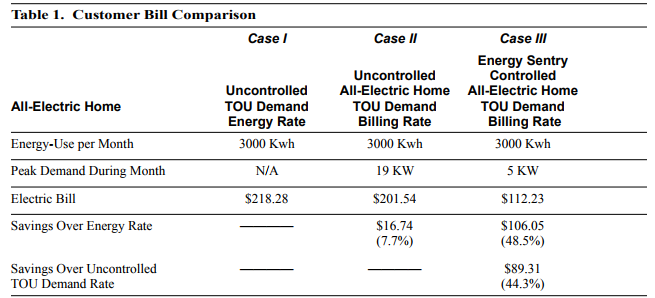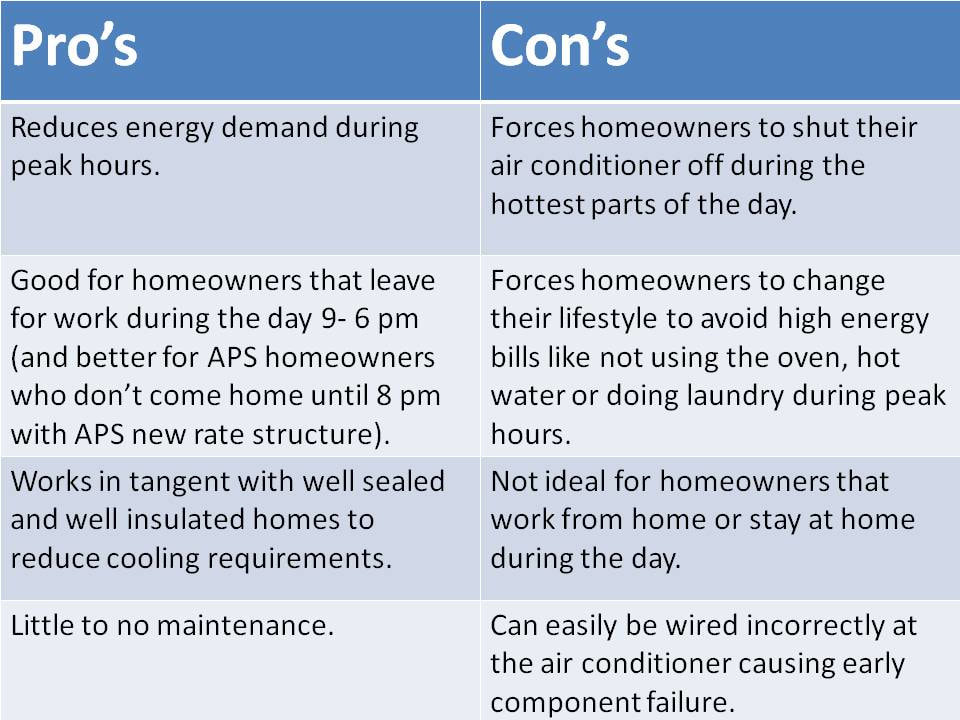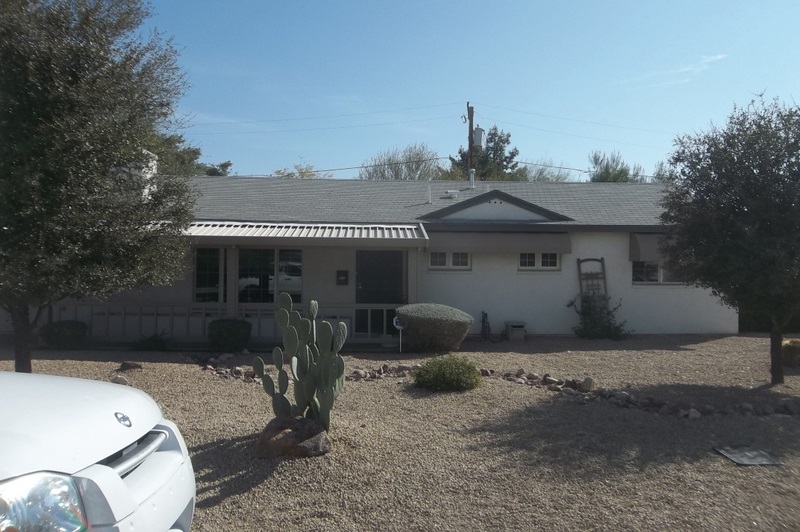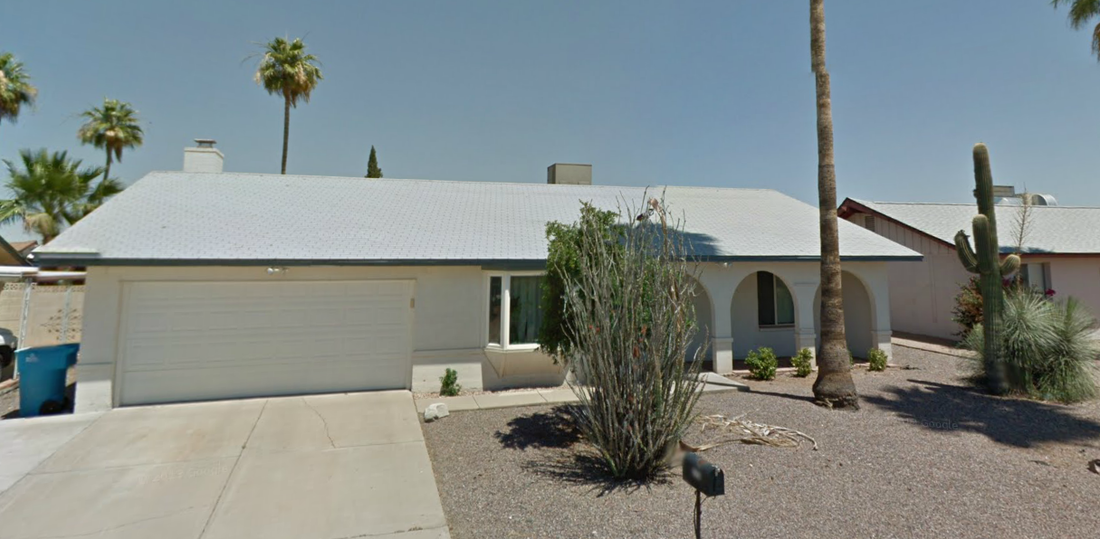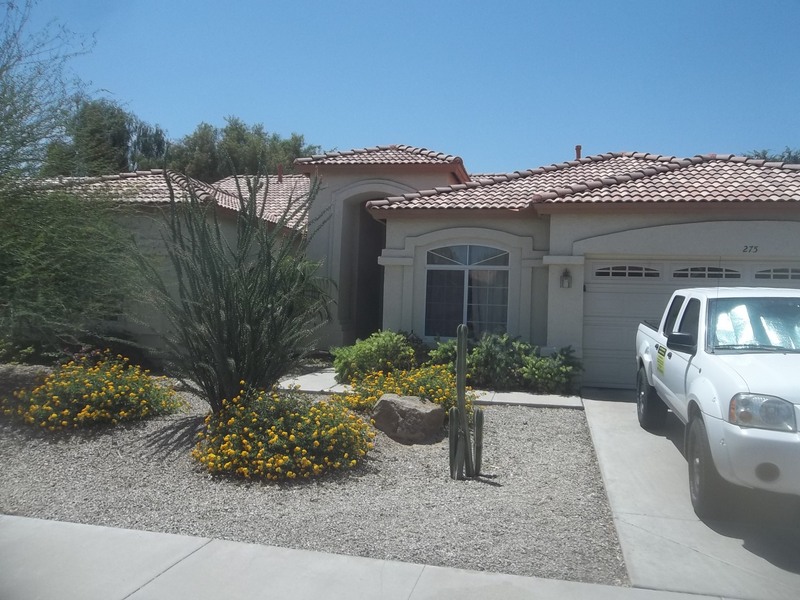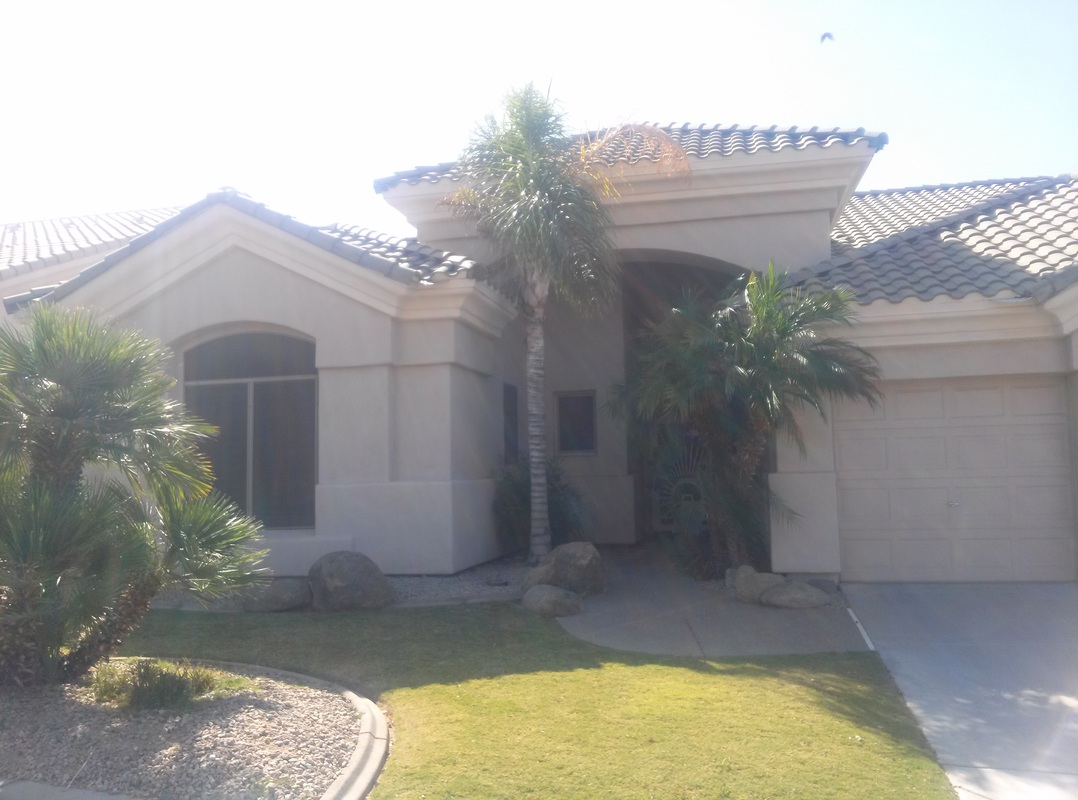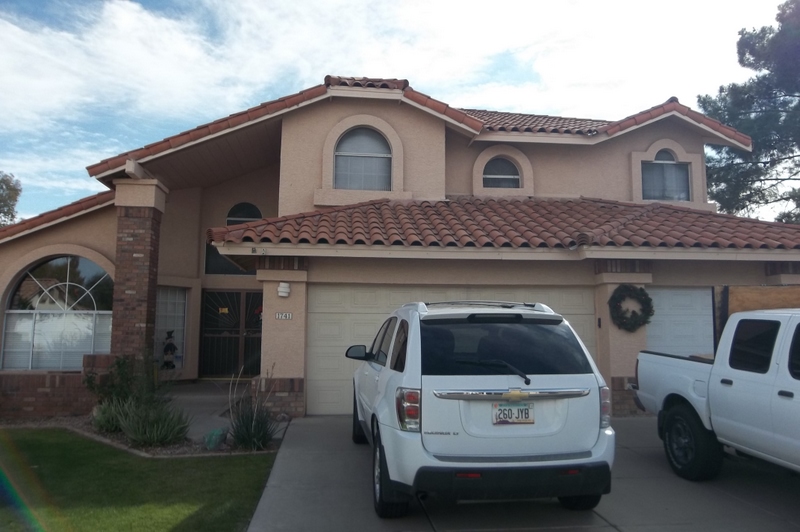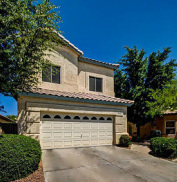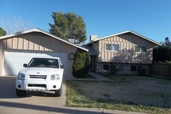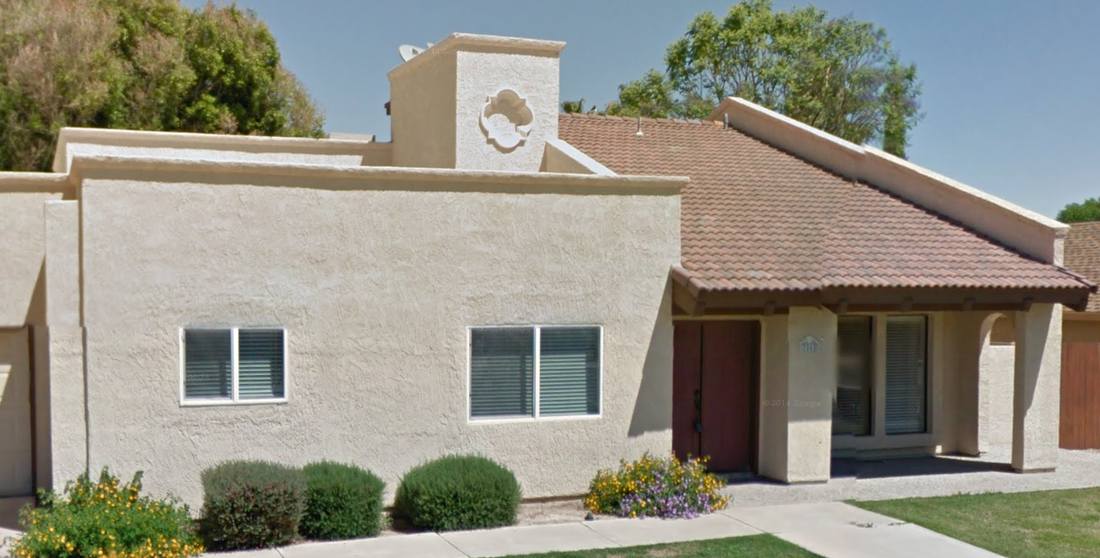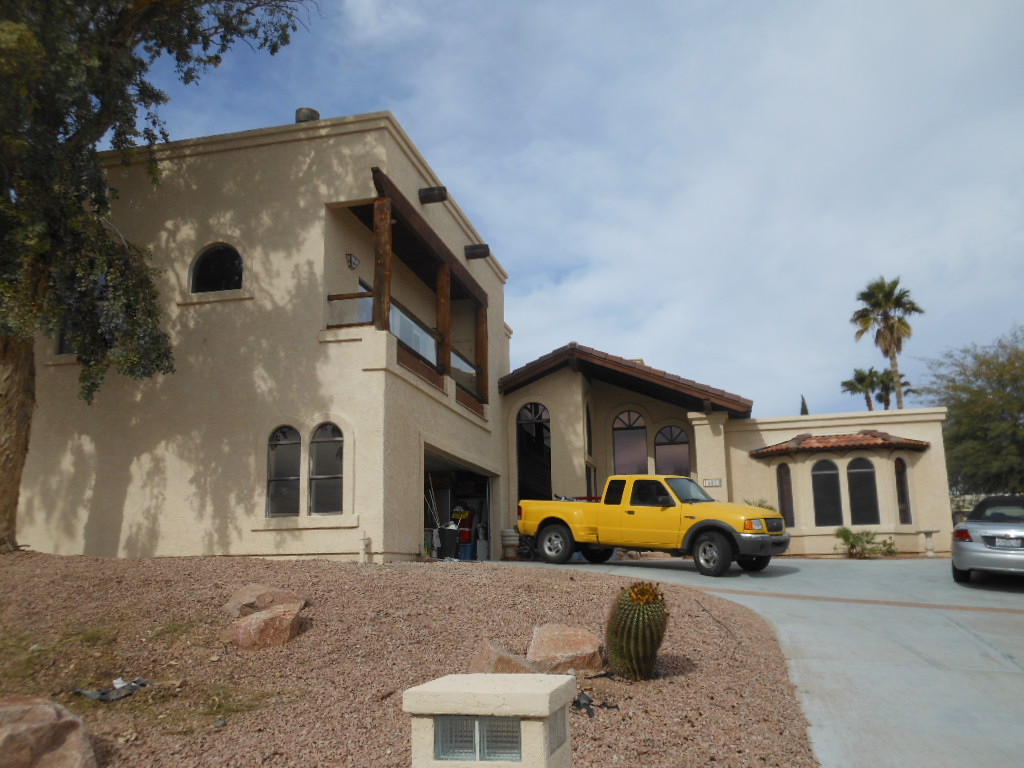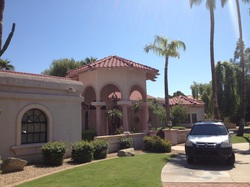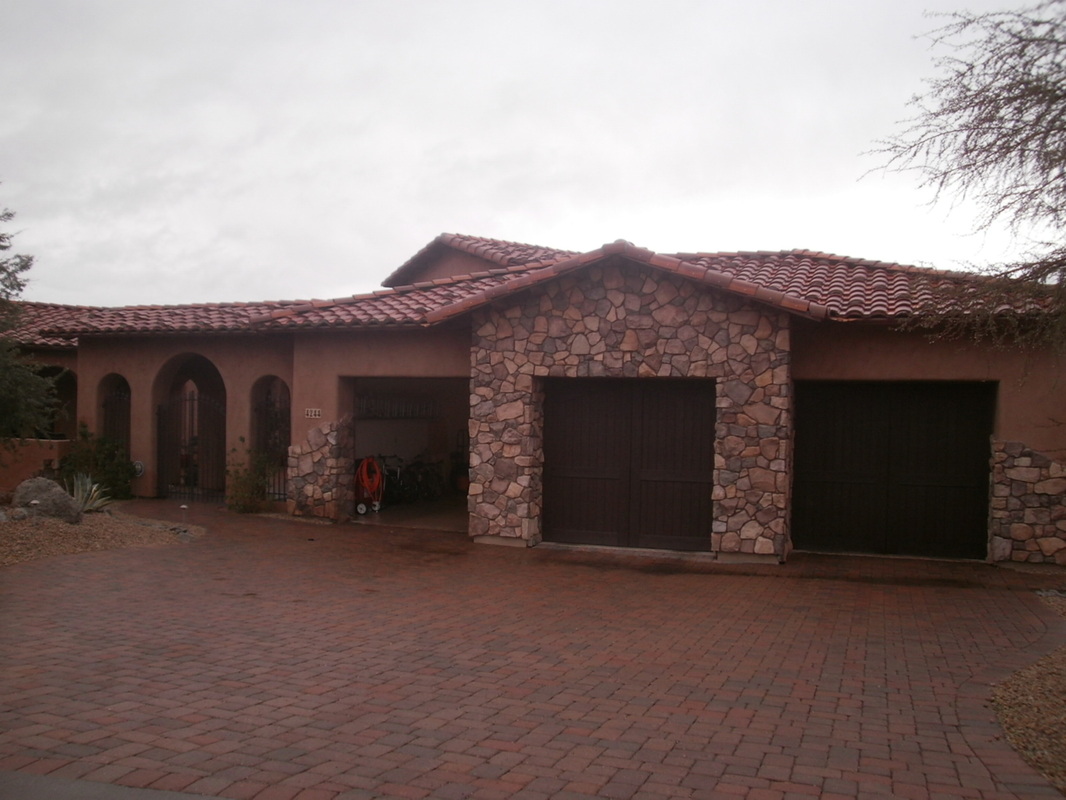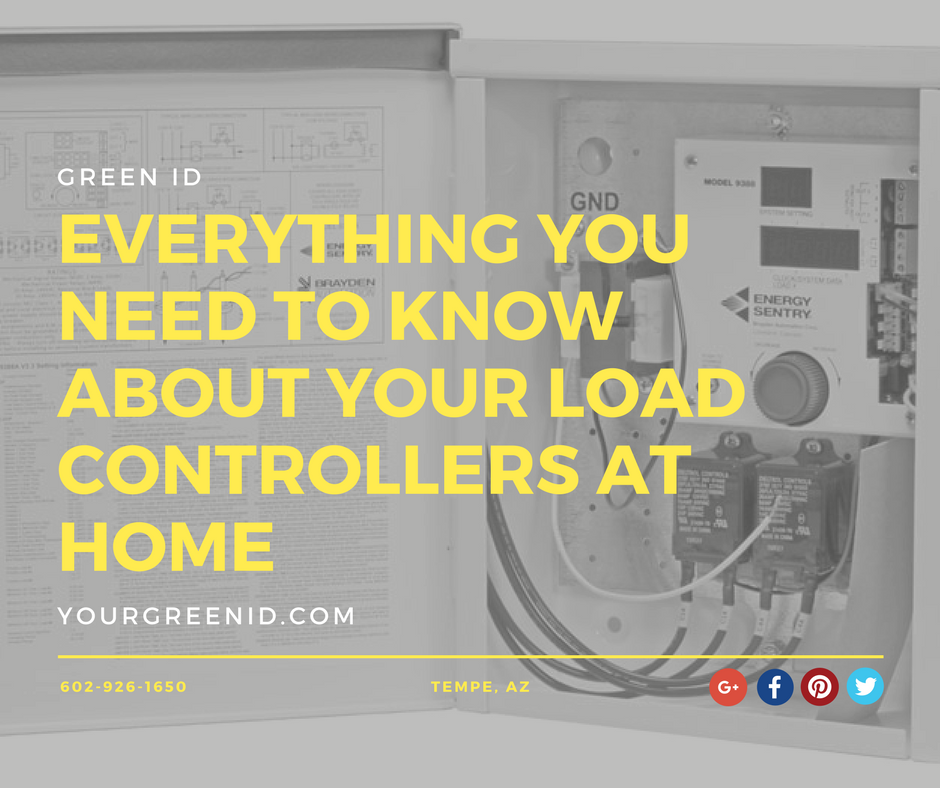 Load controllers have been gaining popularity because they are an effective way to forcefully ensure your energy usage doesn’t exceed a certain amount at any one time. SRP and APS energy customers who have considered solar or have solar power have especially been made aware of the load controller by the companies selling and installing solar. More than ever, it has become an integral part of an installer’s solar system. Before we get into the solar aspect let’s take a step back and cover the basics of what a load controller is and their pros and cons. There Are Three Ways to Reduce Energy At HomeGoing SolarProduce it yourself with solar power. Remember to first reduce before you produce. Energy EfficiencyUsing less energy with energy efficiency is about eliminating waste with many of the suggestions we make in our Energy Audits: sealing the ductwork, adding more insulation the right way and purchasing a more efficient air conditioner. These are upgrades that don’t change your lifestyle but instead work behind the scenes to lower your energy bills. Energy ConservationEnergy conservation is about putting a sweater on during the winter rather than turning the thermostat higher, changing to shorts and a tee shirt in the summer rather than lowering the thermostat in the summer, or turning the ceiling fans off to rooms that are not used. These are lifestyle changes. Today we are talking about method #3: energy conservation through load controllers. What Is a Load Controller?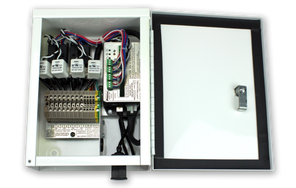 A load controller is a device that puts a cap on how much electrical usage a home can use at one time. They tie directly into your electrical panel and limit on how much power your home can draw at one time. Let’s say it’s the middle of the summer in Phoenix at 5 pm and your air conditioner is on full blast, your TV is on, you start cooking dinner with an electric oven and you are running hot water, turning on the electric hot water heater. All these loads running at one time would send a signal to the load controller that your power demand is exceeding the rating of the load controller and the load controller would start shedding loads and turning off your appliances and air conditioner to level off your usage. I understand this can immediately be a turn-off for homeowners, and yes, I was taken aback by the thought of it too. I thought, “why would I want a load controller shutting off my air conditioner during the hottest part of the day? That’s the whole reason I have an air conditioner in the first place! It’s like I’m being forced to keep the thermostat set to 84 degrees, take a cold shower (not that we get cold water in Arizona in the summer), walk around with shorts and a tee shirt and sweat my butt off! YES! I want to be able to cook at 6 pm when I come home from work without having the oven shut off in the middle of cooking. Load controller? No thank you. You can take that load controller back!” Load Controllers on APS and SRP HomesLooking at load controllers from a different perspective, from the point of view of APS or SRP, they are a godsend. One of the main problems APS and SRP have is meeting energy requirements during peak demand. In the middle of summer, peak demand is when everyone comes home and blasts the air conditioner, starts cooking, washing dishes, and doing their normal thing. The load on the electrical grid spikes in usage to the point of capacity. This gets APS worried that they will have to build another power plant, which costs a lot of money and sits idle more than half the time because it only gets used during peak demand like many of its other power plants. From the utility’s perspective, why spend money building another power plant when we can get our end users to reduce their consumption through energy efficiency, solar and load controllers and then charge customers a lot more to use energy during peak hours. Load controllers level out the peak demand from homes so they don’t see huge spikes anymore. That is why APS is drastically changing their rates to charge customers a lot more for on-peak energy usage. How much more? APS has already raised their electricity rates by 44% for on-peak usage and 72% for off-peak! With this new rate change, all 4 million APS customers are going to see an increase on their energy bill even if their energy usage stays exactly the same. SRP has peak hours from 1-8 pm during the summer and has implemented a demand charge for solar customers where they look at 30 min increments and nail you with another charge if your load exceeds 7 kW. See the table below to get a feel for how little 7 kW of load actually is. How Much Energy Do My Appliances and AC Use?Click on to read further.
Do Load Controllers Save Money?Not only is the demand controller good for the utility company but it can also be good for your wallet (but you have to ask yourself if you are willing to have your air conditioner shut off during the hottest part of the day in the summer). APS estimates an average of $49 per month of energy savings could be achieved with a load controller. Since APS and SRP charge a premium for electricity used during peak hours, sometimes more than double the typical usage rate, a load controller would cap how much energy gets used in the house at one time, ensuring your home won’t use a lot of energy during peak hours. In the past we have advocated to use the super cool approach coupled with energy efficiency upgrades we recommend during an energy audit. The idea behind super cooling your home is playing the game of using as little energy as possible during on peak hours by taking your thermostat down to 72 degrees in the summer several hours before the peak hours start. Then let’s say your peak hours start at 1 pm, so you would program your thermostat to go up to 86 degrees from 1 pm to 6 pm, or whenever your peak hours stop. It’s also smart to put a water heater timer on an electric water heater and shut the water heater off from 1 – 6 pm also. Combine this with a well-sealed and insulated home and all that cold air is going to stay inside much longer than it would in a leaky, uninsulated home. You can expect to see a high energy bill of around $100 per 1000 sq ft. However, with APS’s new rate structure the cost of off-peak energy is also increasing where it does not make it as effective to super cool your home because the power isn’t cheap any time of day. SRP customers can still take advantage of super cooling the home but the best things APS customers can do is to make sure the house is as well sealed and insulated as possible. What is a Smart Load Controller?A smart load controller will know which appliances it is turning off and differentiate between loads coming from solar power providing power to the load controller and loads that draw from the load controller. Typically, a load controller is wired into the air conditioner, dryer, water heater and stove. A smart load controller may shut off the water heater (the 2nd biggest energy user in the home) first in attempt to go unnoticed. Smart load controllers need to be programmed to each household’s lifestyle and habits. Once a load controller is installed on the house, homeowners will still typically have to make some adjustments to the settings of their thermostats, pool pumps, when and what they cook and when they do laundry. Are There Alternatives To Load Controllers?Yes, for solar customers battery technology has advanced enough to make them a viable alternative to load controllers. LG and Tesla batteries can store energy from solar power and provide homes with an alternative energy source during peak hours to help lighten the on-peak demand or after the sun goes down. Whole-house batteries are usually coupled with solar power and charged from the sun’s energy. The technology is coming to have them power part of our homes energy demand. Are Load Controllers Bad For The Air Conditioners?Not inherently but they could very easily be wired wrong and cause all sorts of problems. Let’s assume that most companies that are installing load controllers are solar companies. They know solar and work with it every day but they do not work with air conditioners every day. Therein lies a potential problem. The average HVAC system is getting more complicated every year and trends show no sign of stopping. Similar to how the engine of a car used to be something anyone could work on, now when you open up the hood of a new car all the mechanical components are hidden behind all sorts of electronics that require more than a candle and a prayer to work on. Air conditioners are following the same trend. On Trane’s variable-speed systems, there are only 3 wires required, one for power, one for common and one for data. The data wire now controls everything from the fan, to the refrigerant flow, to changing the compressor capacity in 1/10th increments. Can you imagine what must be going through the technicians mind when he opens the control board to wire the load controller and finds a board looking like something from Star Trek with blinking LED indicator lights and no Y1 compressor or G fan wires present? At that point he can either call in the Cavalry and get some help or take a shot in the dark and like the hero in the nick of time cutting the bomb wire, just close his eyes and pray it doesn’t blow up. Have we seen this before? Yes, in fact we have but not exactly like the scenario above, it was with a Nest thermostat that kept tripping and shutting off because whoever wired the load controller spliced his wires wrong. Pro’s and Con’s of Load ControllersWith a load controller installed on almost every solar panel system in SRP homes and with APS’s new rate structure, Arizona homeowners are forced to change how they use energy or they are going to drastically pay more for on their energy bills. One way to do that is with a load controller. We do advocate for demand load controllers as a way to reduce your energy bill but there are downsides that homeowners need to take into account in the table below. Green ID is available to help you decide if a Load Controller is something that makes sense for your home.
3 Comments
Randy
5/1/2021 01:41:13 pm
Regarding load control. Good article but does not quite hit my issue. Water heater is gas-- no problem. Other electric appliances are no big problem either. But DO have TWO air conditioners that seem to run at the same time. Does your system alternate between 2 A/C units? Not just turn one off for the day? If one cools a little then off and then the other cools a little then off and keeps BOTH from running intermittently at the same time that would seem to be ideal. However, when 1 is off, is the other unit trying to compensate and cool more area because the other is off? And just ends up using more power? Seems like if it does all this it is a good deal. What is the cost of such a unit and installation? Thanks
Reply
David
5/1/2021 01:53:10 pm
Good question. Utility companies are all moving toward off peak and on peak billing, where you will pay a premium for electricity during peak hours and get cheaper off peak energy at night and early morning (in the summer). Phoenix is already doing it with APS and SRP. Under these rate plans, you'll save significantly more when you cycle your AC systems and only run one for 30 min, then the other system for the next 30 min. You can do this manually or the load controller will cycle through for you. It is a huge energy saver to cycle the AC's and not have them run at the same time rather than cooling all areas of the house at the same time. Thanks for your feedback and question.
Reply
Your comment will be posted after it is approved.
Leave a Reply. |
Sign Up For Your Home Energy AuditFIND YOUR HOME TYPERanch HomesSingle Story, Spec HomesTwo Story, Spec HomesTri-Level HomesPre-1990 Custom HomePost-1990 Custom HomeDon't See Your Home? Find Your City Below!Archives
April 2024
Copyright Notice©2009 – 2023
All Rights Reserved |


